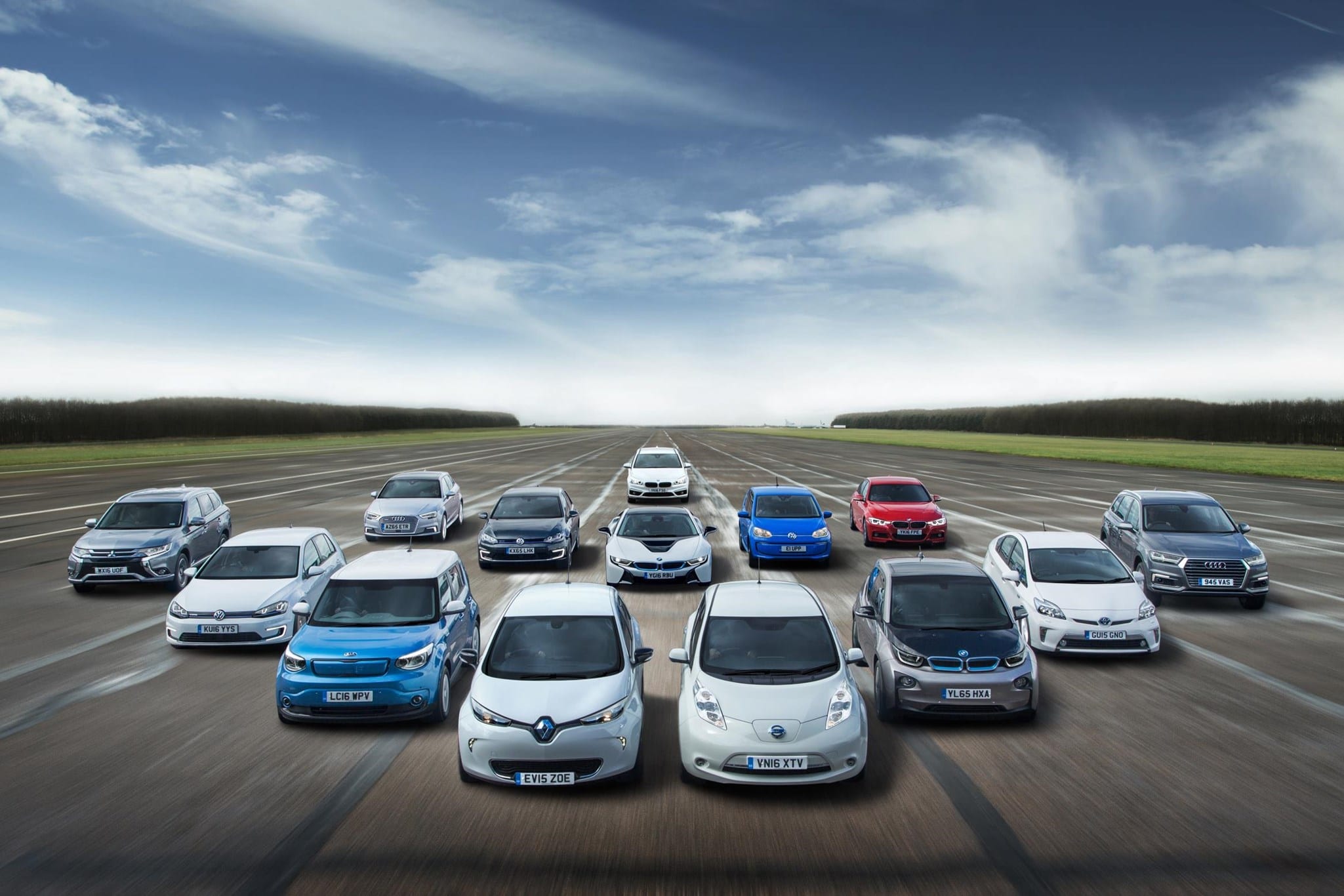Over the last few years, the world’s transition from powering our cars with gas-burning internal combustion engines to zipping along on battery power has accelerated faster than the Tesla Model S Plaid, which can supposedly got from zero to sixty miles per hour in less than two seconds.
Setting aside my visceral love for the old muscle cars I grew up around, I wholeheartedly support that transition. My own “car” happens to be an electric bicycle (it used to be a regular bicycle, but knee problems made motorization attractive), and I hope that the next family vehicle, or the one after that, will be electric too.
That said, the urge to get society completely electrified and off of fossil fuels suffers from both propaganda oversell and from practical problems.
The big selling point for electrification has always been “emissions reduction.” Whether you accept mainstream climate theory or not, pouring less smog out of tailpipes and into the atmosphere seems like a good idea.
But electrifying cars does not, as such, solve that problem. It matters where the electricity comes from. Running a coal-fired power plant to charge your electric car doesn’t reduce overall pollution. It just moves that pollution off of city streets (which is nice) and into the air around the power plant (which doesn’t change the overall equation).
Lately, spiking gas prices due to US/EU sanctions over Russia’s war on Ukraine have come into vogue as reason to electrify. But again: Unless that electricity is produced using wind, solar, or nuclear, it still entails use of fossil fuels and the attendant pollution.
If electric makes sense for your situation, go electric. But don’t lie to yourself about how much good you’re doing the environment by transitioning. It’s a holistic problem and electric cars are, at best, only part of the solution.
In addition, technology and infrastructure lag still make electrification a problem for those who need to travel long distances in a timely manner.
Rachel Wolfe recently chronicled an all-electric round trip between New Orleans and Chicago for the Wall Street Journal. The headline sums it up nicely: “I Rented an Electric Car for a Four-Day Road Trip. I Spent More Time Charging It Than I Did Sleeping.”
Even assuming sufficient charging stations along your route (an infrastructure problem), charging your car still burns a lot of time (a technology problem). Even “fast charge” facilities take much longer than a gas fill-up.
Will these problems be solved? Almost certainly. The market for electric cars continues to grow, so the market for more and faster charging options will too. We’ll get there. But we’re not there yet.
Unfortunately, the urge to “nudge” us in that direction with government subsidies and spending programs will almost certainly take us down various paths that produce worse rather than better outcomes.
Instead of subsidizing electric cars, governments should stop subsidizing fossil fuels. Free markets will always solve these kinds of problems faster, better, and with fewer unintended consequences than government propaganda and force.




